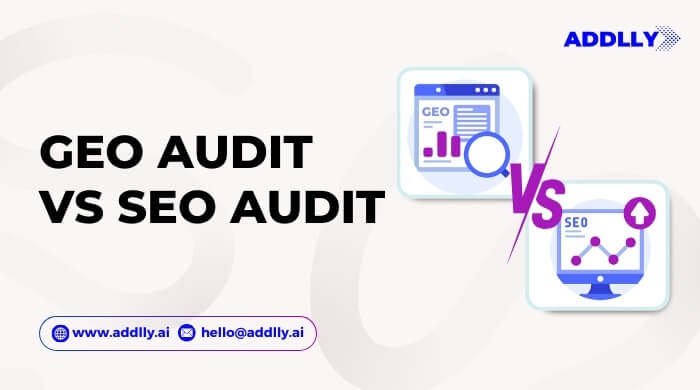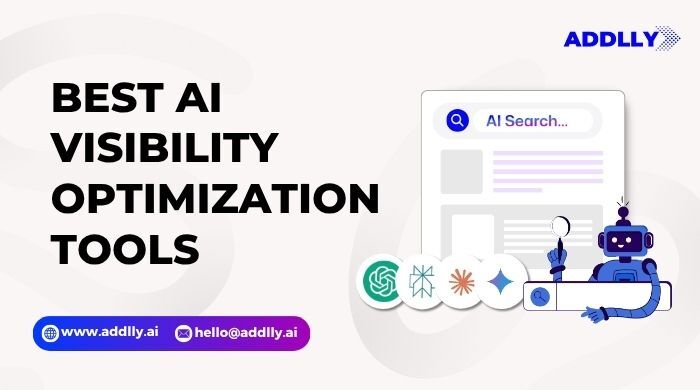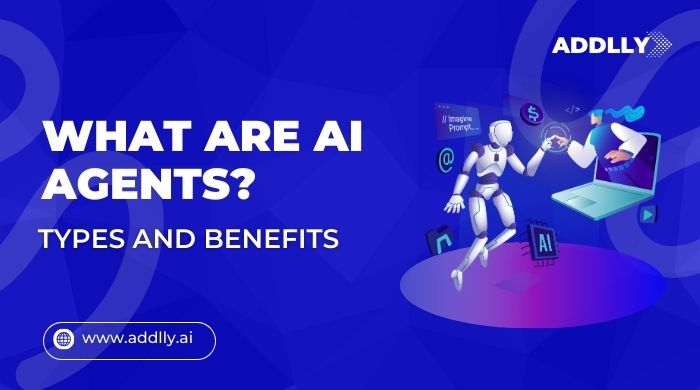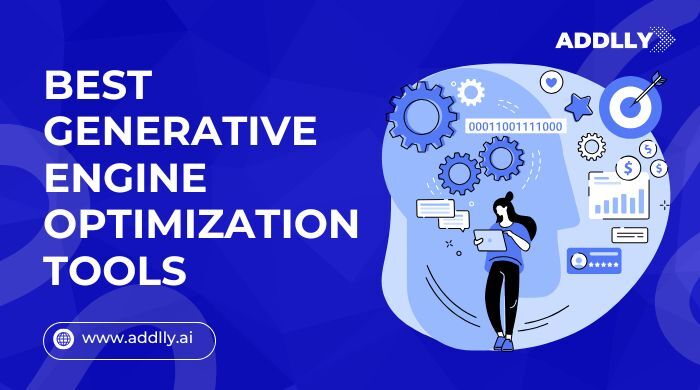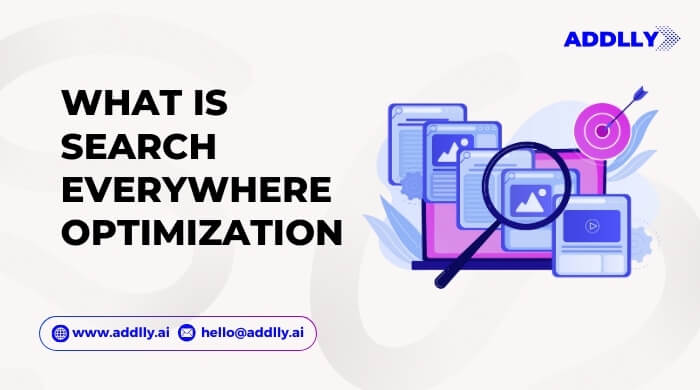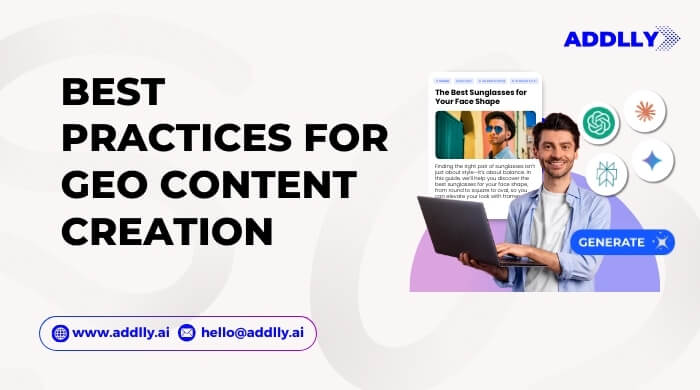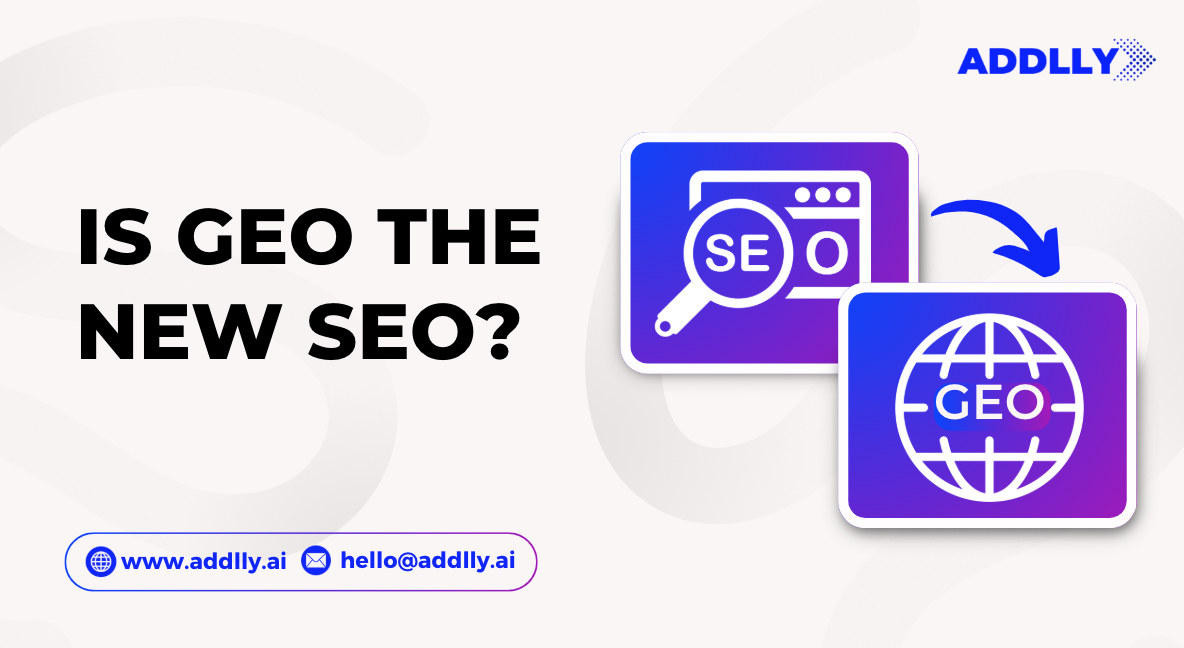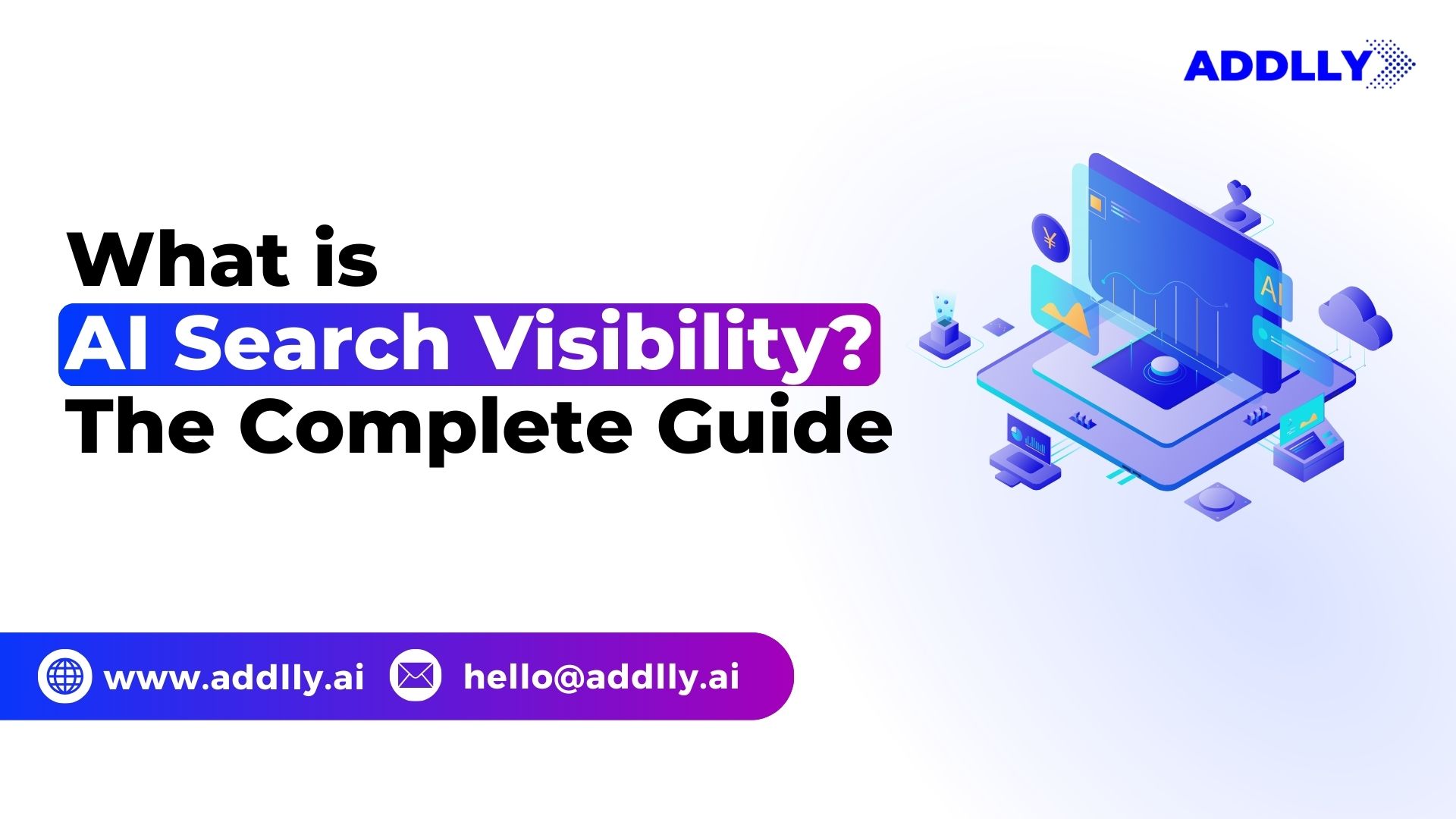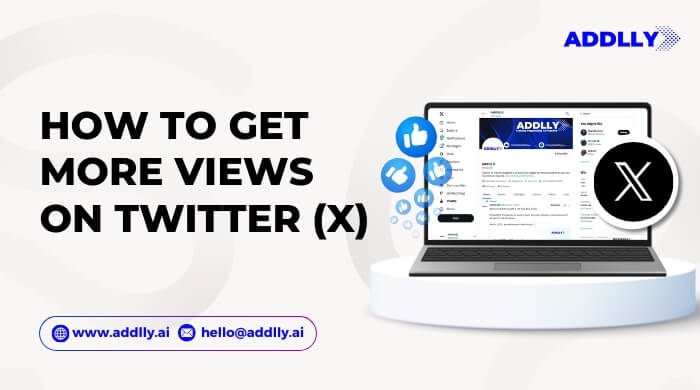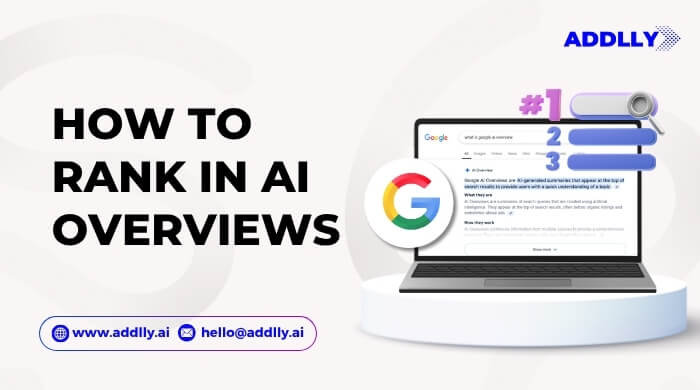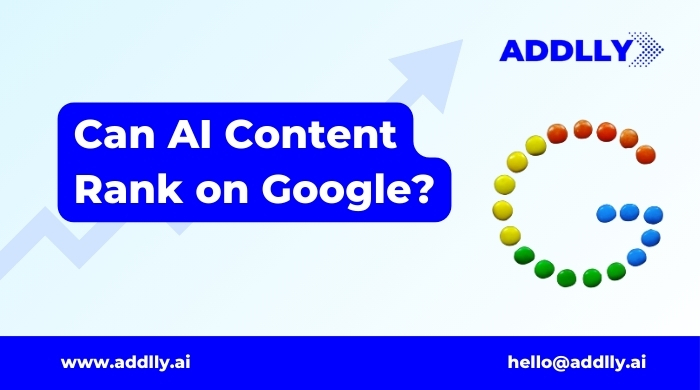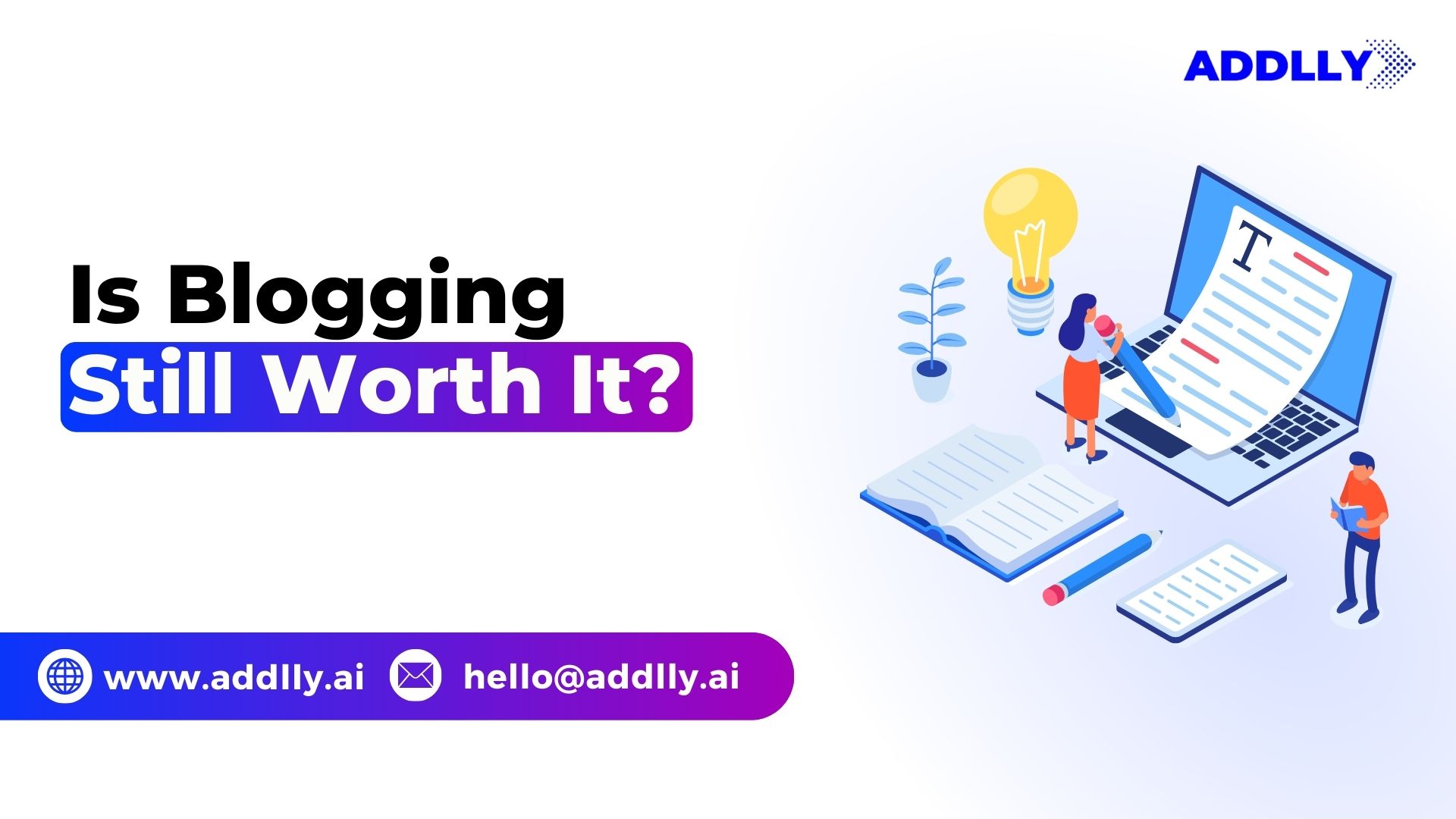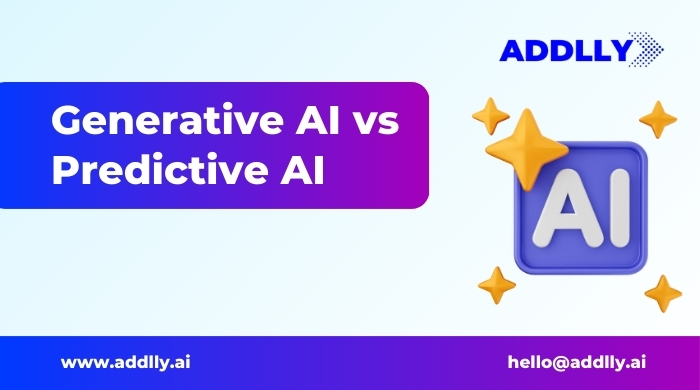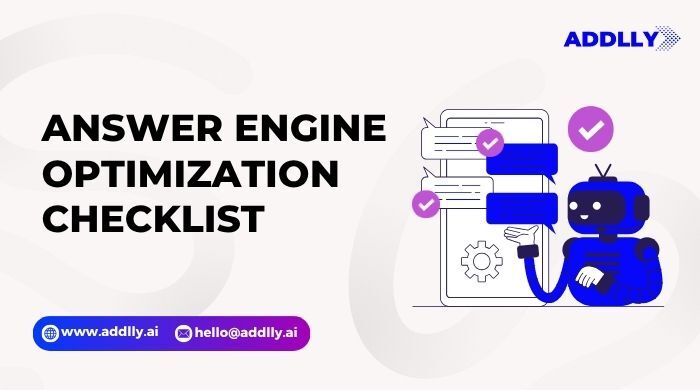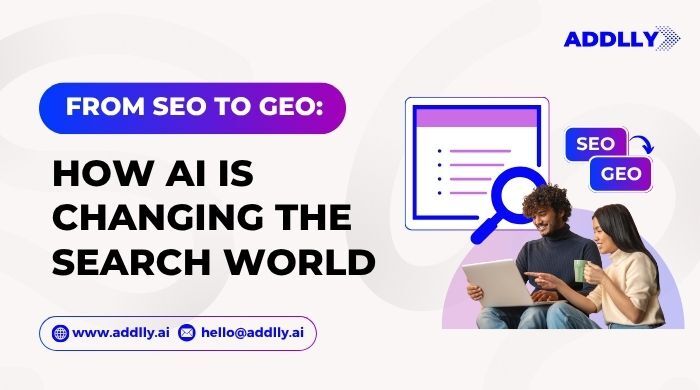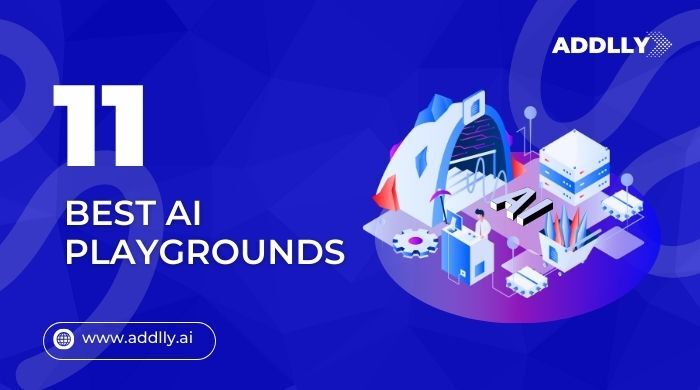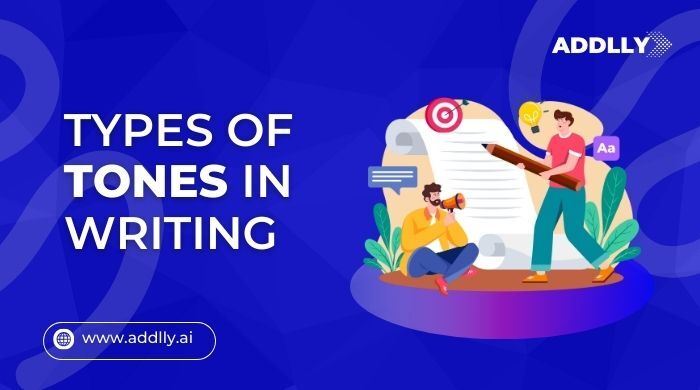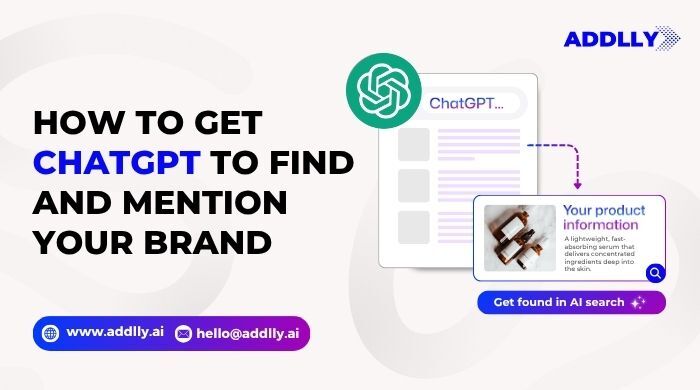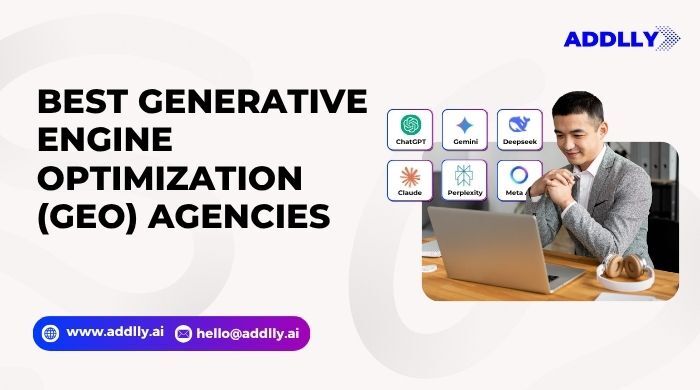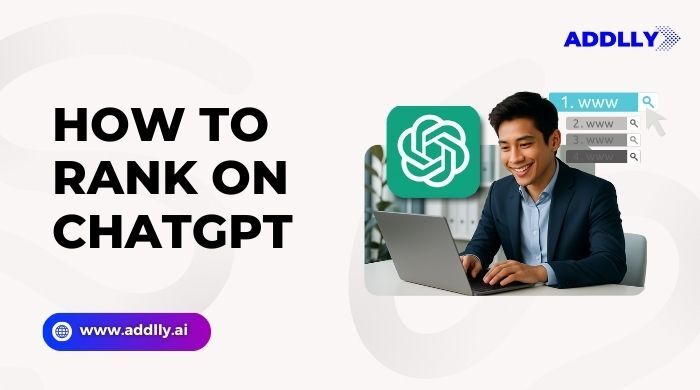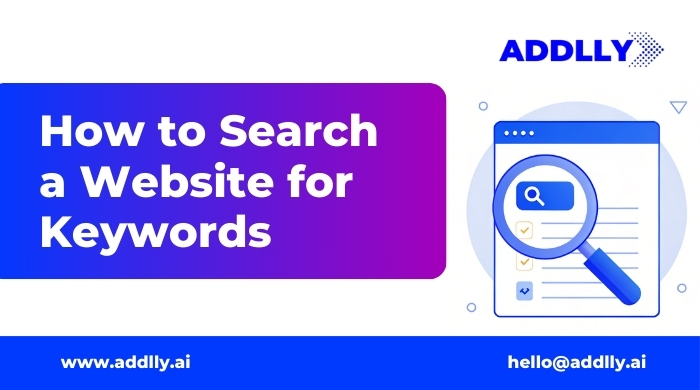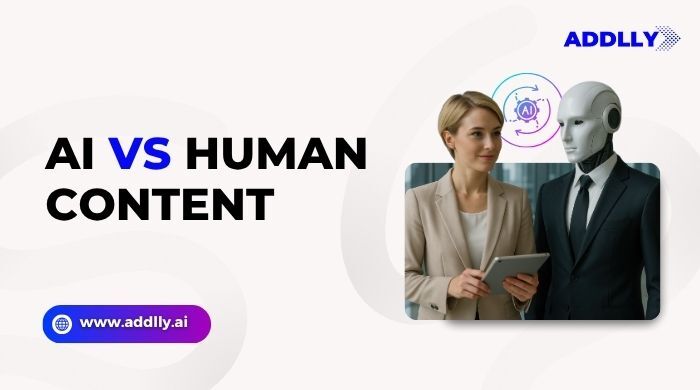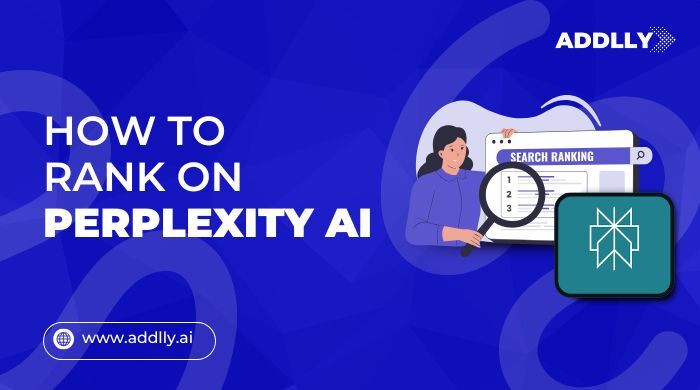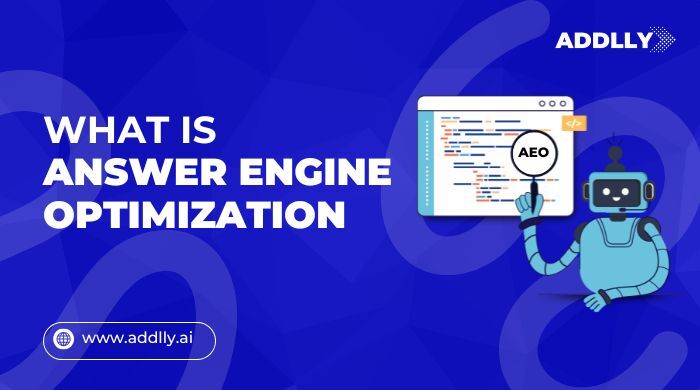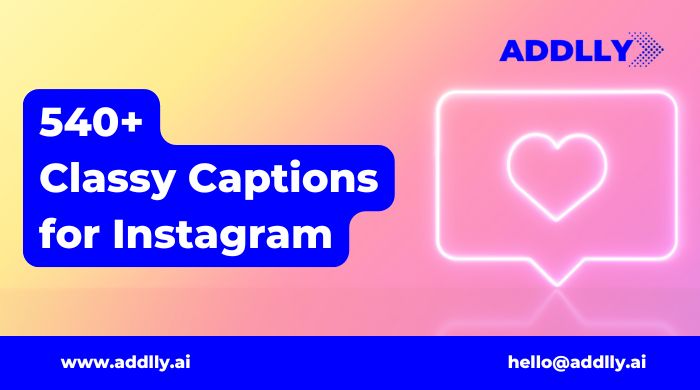Blog
Learn expert strategies and actionable tips on our blog to boost your content marketing, optimize your SEO, and enhance your social media presence with AI.
When comparing GEO Audit vs SEO Audit, the conversation is about more than traditional ranking. Search engines are changing, and AI search is reshaping how people find information. Generative engine...
AI visibility is the new priority for digital growth, and finding the best AI visibility tools is the smartest step brands can take in 2025. The way people search has...
AI agents are software programs that use artificial intelligence to perform specific tasks with little to no human intervention. These intelligent agents process collected data from their surroundings and take...
AI citation patterns are now an important factor for brand visibility in 2025, as generative engines like ChatGPT, Perplexity, and Gemini increasingly deliver direct answers to users instead of traditional...
Generative engine optimization tools are changing how brands show up in AI search engines like ChatGPT, Perplexity, and Google Gemini. These GEO tools help businesses stay visible when AI answers...
AI SEO tools are changing how businesses win visibility online. They help brands move beyond traditional checklists and show up where people actually search today. Instead of only fighting for...
Search everywhere optimization is changing how people discover information online. Traditional search engines are no longer the only starting point. Today, users explore social media, video platforms, AI tools, and...
The best practices for GEO content creation are changing the way marketers plan and publish online. As generative engine optimization gains importance, AI search now plays a leading role in...
Ever wondered how to make ChatGPT sound more human while using it for blog posts, content creation, or AI-generated text? Today, we’ll break down how to turn AI-generated content into...
Learning how to build an AI agent from scratch in 2025 is easier than you might think. With the right tools and clear instructions, you can create your first AI...
Is GEO the new SEO? This question is shaping conversations in digital marketing as businesses look at generative engine optimization alongside search engine optimization. With search engines changing quickly, users...
How to run a GEO Audit is becoming one of the most important questions for businesses in the age of generative engine optimization. A GEO Audit helps a website stay...
AI Search Visibility is the measure of how often and prominently a brand appears in answers generated by AI-powered search platforms such as ChatGPT, Google AI Overviews, and Gemini. Unlike...
Getting more views on Twitter is the goal of many creators, brands, and businesses looking to connect with a bigger audience. With millions of Twitter users active daily, standing out...
Knowing how to rank in AI Overviews can help your content get noticed in Google’s AI Overviews and other AI search results. In 2025, these features are shaping how users...
AI content is everywhere, but can AI content rank on Google and compete with human-created articles? The short answer is yes, if done right. Businesses are using AI-generated content to...
Blogging in 2025 remains a strong way to share ideas, build trust, and grow an online presence. While short videos and AI content dominate, blogs still give depth and value...
Generative AI vs Predictive AI are two of the most prominent advancements in artificial intelligence, each with distinct purposes. Generative AI creates new data or content from training data, while...
Are you searching for the most up-to-date answer engine optimization (AEO) checklist? This guide brings you a complete answer engine optimization checklist for 2025 that fits today’s AI-driven world. Businesses...
From SEO to GEO is changing the way search engines work, creating a new path for digital marketing. AI search and generative engines now guide how users discover brands and...
Having the list of Best AI Playgrounds which you can try 2025 can help you to explore different AI models and experiment with machine learning models. Whether you’re a developer,...
Types of tones in writing can make or break your message. Imagine reading a blog post that feels robotic and lifeless – would you stay engaged? Probably not. Now picture...
AI tools such as ChatGPT are now integral to how brands are discovered and discussed online. If your business wants to remain visible in search and conversation, you need to...
Are you searching for the best generative engine optimization agencies that can increase your brand’s presence in AI search? This guide lists the top generative engine optimization GEO agencies leading...
Are you searching for how to rank on ChatGPT and reach more people across all search engines, including AI search engines? With user queries changing and large language models shaping...
Are you wondering how to search a website for keywords that will help boost your keywords ranking and overall search engine optimization? This blog post will give you clear steps,...
In today’s digital age, the debate around AI vs human content is hotter than ever. Whether you’re publishing blog posts, creating product descriptions, or planning your content strategy, knowing which...
Are you ready to discover how to rank on Perplexity AI and boost your visibility across answer engines? As people are shifting from traditional search engines like Google searches to...
Answer Engine Optimization (AEO) is the process of getting your brand product, or service visible and represented accurately in AI-generated answers, including ChatGPT, Perplexity, or Google’s AI Overview. In the...
Classy captions for Instagram are the perfect way to make your posts stand out in 2025. A great caption not only adds personality to your photos but also connects with...
